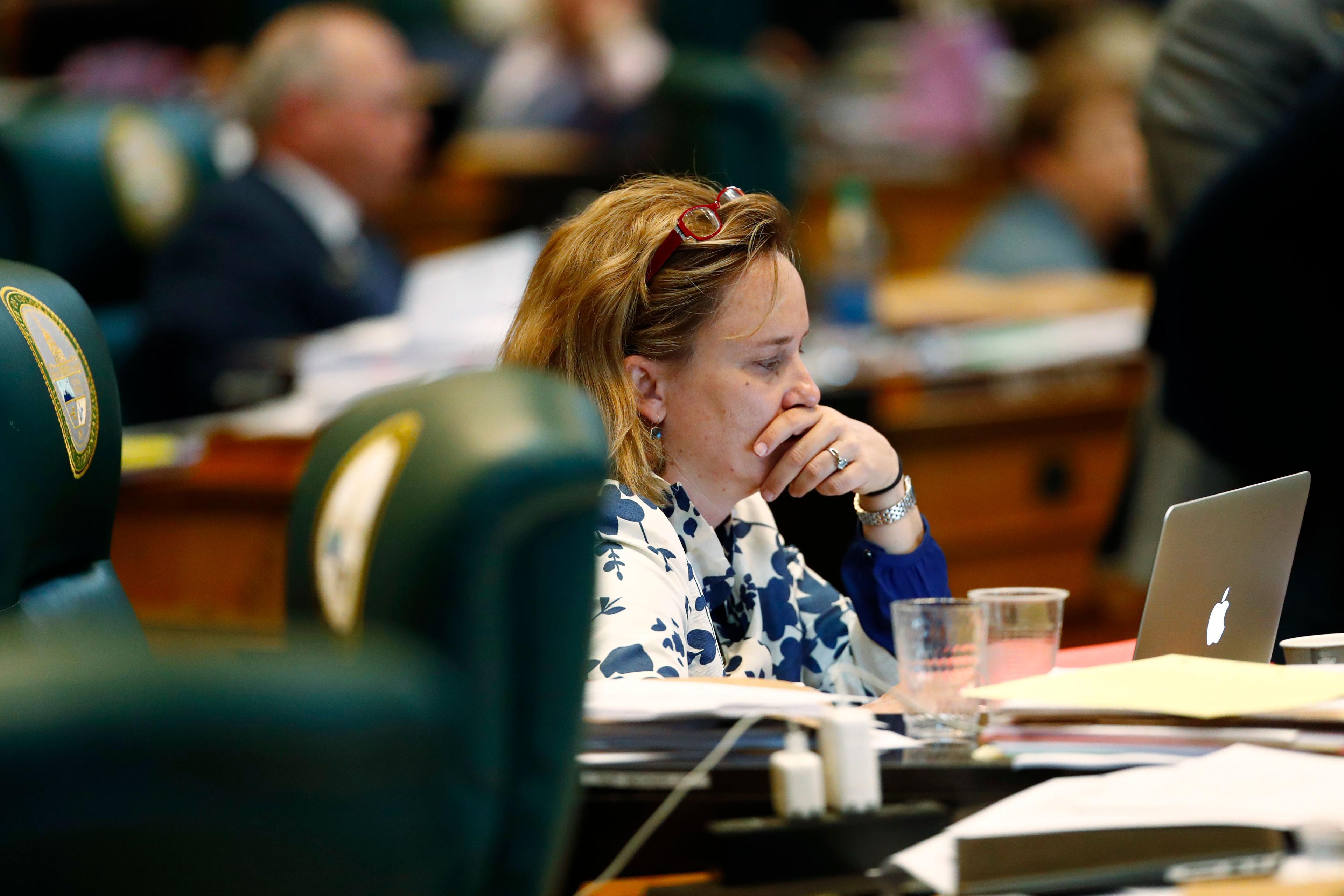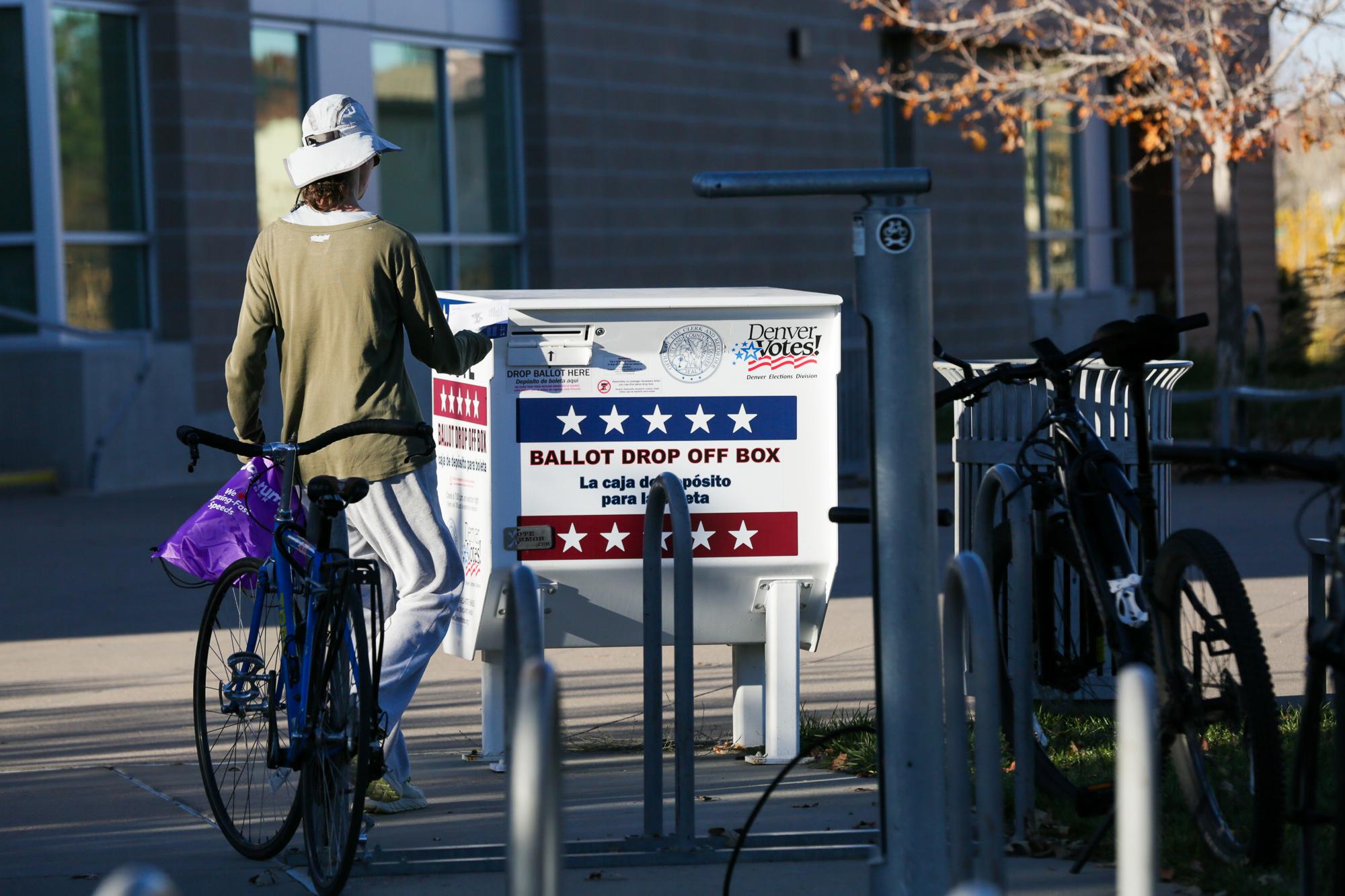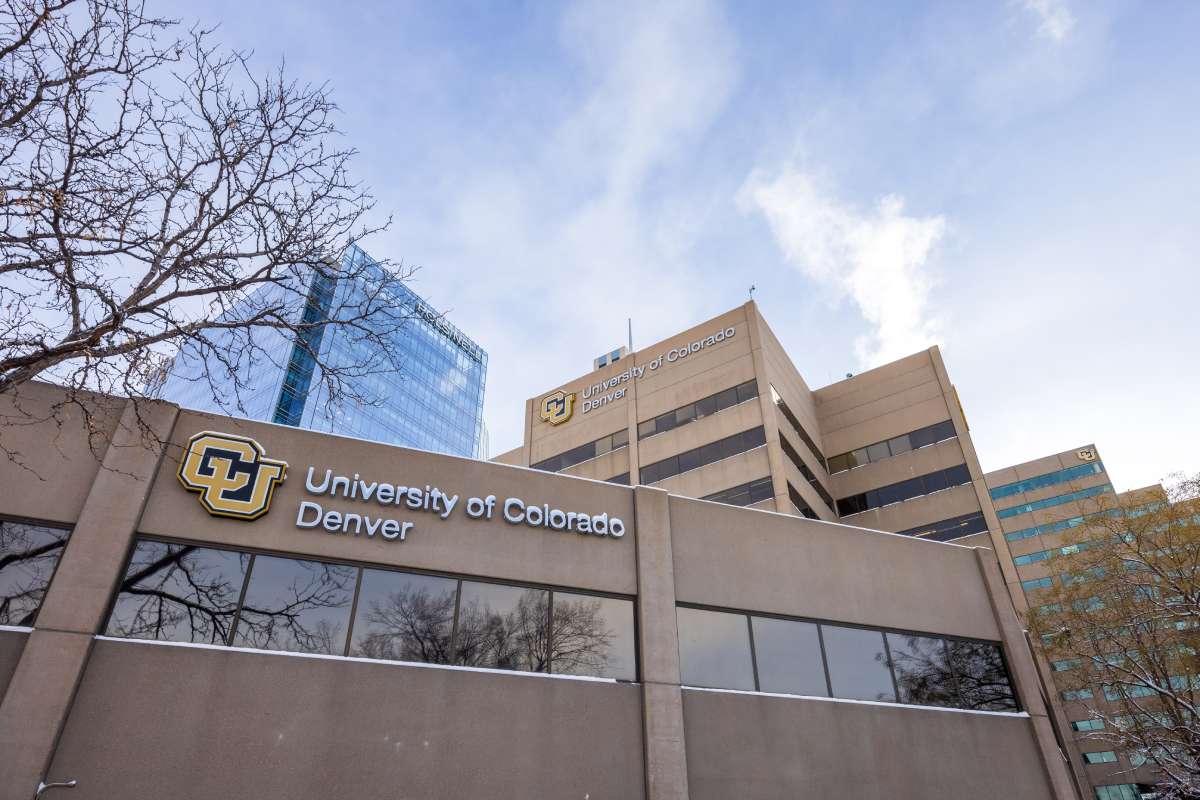

A last-minute bipartisan deal in the state Senate to put more money into transportation — a top priority for Republicans — helped the next Colorado budget pass quickly on Thursday, with wide support and no delay tactics or long debates.
But now it’s the House’s turn to take up the budget bill, and several Democrats, who hold the majority in that chamber, are skeptical of the late compromise.
“When I heard of the deal that was struck, my question was, ‘where is the money coming from?’” said Democratic Rep. Leslie Herod of Denver, the chair of the House Finance Committee. “Putting it back on the governor’s office to find the funding... is not the way the process works. It’s very important that we understand where these cuts are coming from and approve them.”
The Senate’s Democratic leaders agreed to a Republican request to add an extra $106 million to transportation spending, to bring the total to $336 million in this budget. The money is not earmarked for particular infrastructure projects or transit, and the amendment doesn’t specify which state programs the governor’s office should cut to pay for it.
Herod said this type of amendment has been proposed in previous budget debates.
“We’ve seen them in the House and we haven’t passed them.”
Democrats House Speaker KC Becker and Majority Leader Alec Garnett were noncommittal on whether they would support approving the money.
“We will be looking at a range of priorities for our state including transportation, education and making tuition more affordable for students in higher education,” they responded in a joint statement when asked about the Senate’s deal.
Meanwhile, the Colorado Education Association is already rallying lawmakers to put the brakes on it, which they fear could ultimately shift money away from K-12 schools.
“Education is a large portion of the budget, and so we’re always concerned when there’s an ask to find more money that education would be the place where they look to for cuts,” said CEA president Amie Baca-Oehlert.
Democratic Senate Majority Leader Steve Fenberg and GOP Minority Leader Chris Holbert brokered the compromise and both said they did not want to reduce money for things like full-day kindergarten. But Baca-Oehlert said she’s heard no assurances that other parts of the education budget would be safe, including an additional $77 million the budget committee earmarked to help backfill previous cuts to schools.
“We have students whose services have been cut — art, music and PE — who have large class sizes and we have a massive teacher shortage here in Colorado,” Baca-Oehlert said.
The way the budget process traditionally works, the first thing the House will do when it gets the spending package is to undo all Senate changes before adding amendments of its own. That means the transportation funding compromise will have to find champions in the House, where Democrats hold a much larger majority than in the Senate.
“We can't obligate the House, but I'm encouraged that our colleagues in the House seem to be fairly receptive to it and I expect them to strip it out the first thing in their appropriations. I hope that it comes back and that when the budget ends a week or 10 days from now or 14 days from now that we'll have that addition there,” Holbert said.
House Republicans said they will work to try to keep the $106 million in transportation funding in the budget. In the Senate, the GOP saw the additional money as a win for its caucus.
Ultimately the budget committee will need to reconcile any differences in the versions of the budget passed by each chamber. Colorado’s Constitution requires a balanced budget.
“I think the [Joint Budget Committee] is open to the suggestions of our Senate Republican colleagues to increase funds for transportation and there’s still a long way to go in the process,” said Commerce City Democrat and Budget Committee Chair Sen. Dominick Moreno. He said he takes amendments that get on the budget seriously because they indicate a priority the budget committee may have missed.









